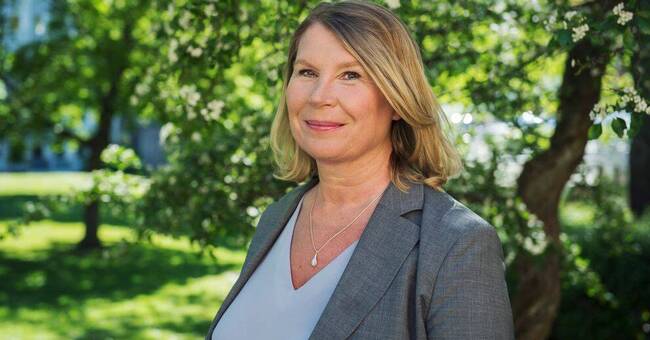People end up
in nightmare-like situations
every day
when they are exposed to crime or have accidents.
Calls to 112, criminal investigations or preliminary investigations and audio recordings from trials become public documents, and thus possible to take part in despite people's vulnerability.
But the fact that something is a public document or that images can be found on social media does not mean that Swedish media in every situation publish.
No law prevents media companies from publishing this type of information.
Swedish freedom of the press and freedom of expression is extensive and is a cornerstone of a democratic society.
Significantly narrower is the media industry's self-imposed framework for safeguarding people's personal integrity.
Professional and serious
Swedish media houses are connected to the system.
When there is a very large public interest, the integrity aspect is set against the value of a task coming to the public's attention.
And then privacy-sensitive information may be published.
But when that happens, it is after careful editorial analysis of the consequences for the individual.
The cultural news' revelation
shows that the streaming giant HBO chooses to stand outside media ethics, despite the fact that they operate in the Swedish market with a documentary series about one of the most notorious lawsuits in Sweden: the Knutby murder.
HBO publishes where the alarm call that a seriously shot person makes to 112. The affected person, who was in an extremely vulnerable situation, now has no opportunity to report HBO or to be tested if the personal integrity was violated.
Kulturnyheterna has previously
also reported on crime podcasts that publish hurtful testimonies from trials that are perceived as traumatizing victims of crime.
The vast majority of these podcasts are outside the media ethics system.
It is a worrying example of how a functioning review system is put out of play and the consequences it has for an already severely affected person.
Swedish media are not without flaws.
We make mistakes and mistakes and people can have their privacy violated without there being a sufficiently large public interest.
But my point is that we are then scrutinized and convicted - not by a court but by the media ethics system.
I can guarantee that no responsible publisher wants to be convicted by the Media Ethics Committee.
It is welcome that
more media houses make content for a Swedish audience.
Documentaries about crime are in public demand, but crime journalism is essentially sensitive, not least for privacy reasons.
And if crime victims and witnesses hesitate to openly tell what they have been through in the courtroom, for fear of being exposed in careless crime podcasts or true crime series, we have a horrific situation.
In addition, we risk questioning Sweden's extensive freedom of the press and expression.
If podcasts, sites or streaming giants stand outside media ethics, in the end the legislators can consider that the media does not manage the balance between the public interest and human integrity and tighten the legislation.
It would not benefit democracy.
I claim that
Swedish media ethics has led to responsible editorial offices, and this in turn leads to high trust among the audience.
Sometimes it goes wrong in the Swedish media.
But as long as the media ethics system is respected and newsrooms voluntarily join, the model of extensive freedom of expression and responsible media remains.

